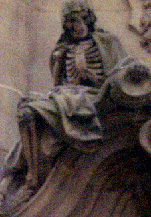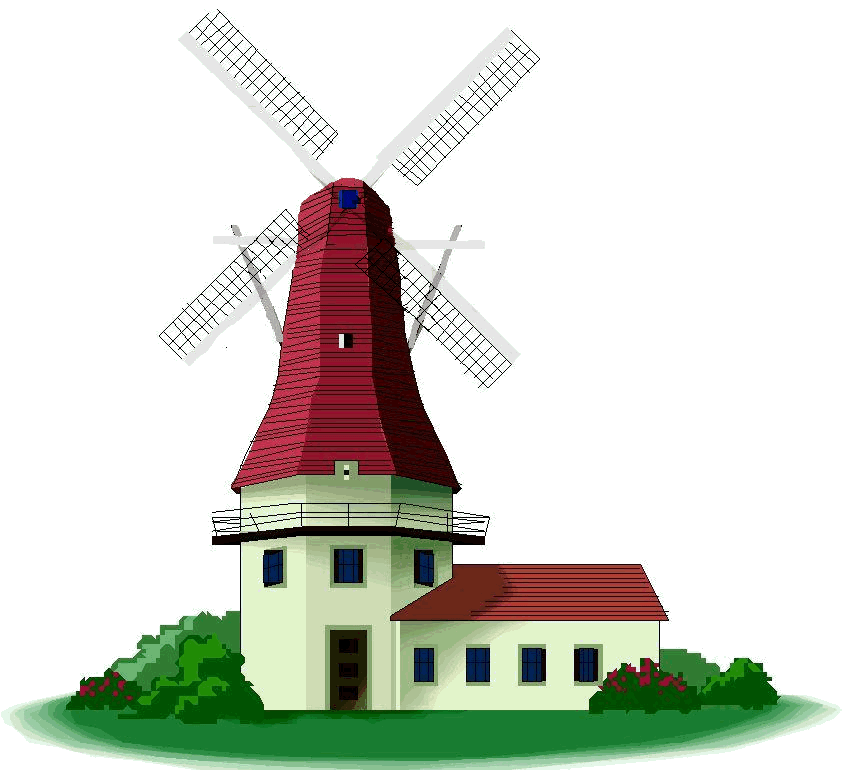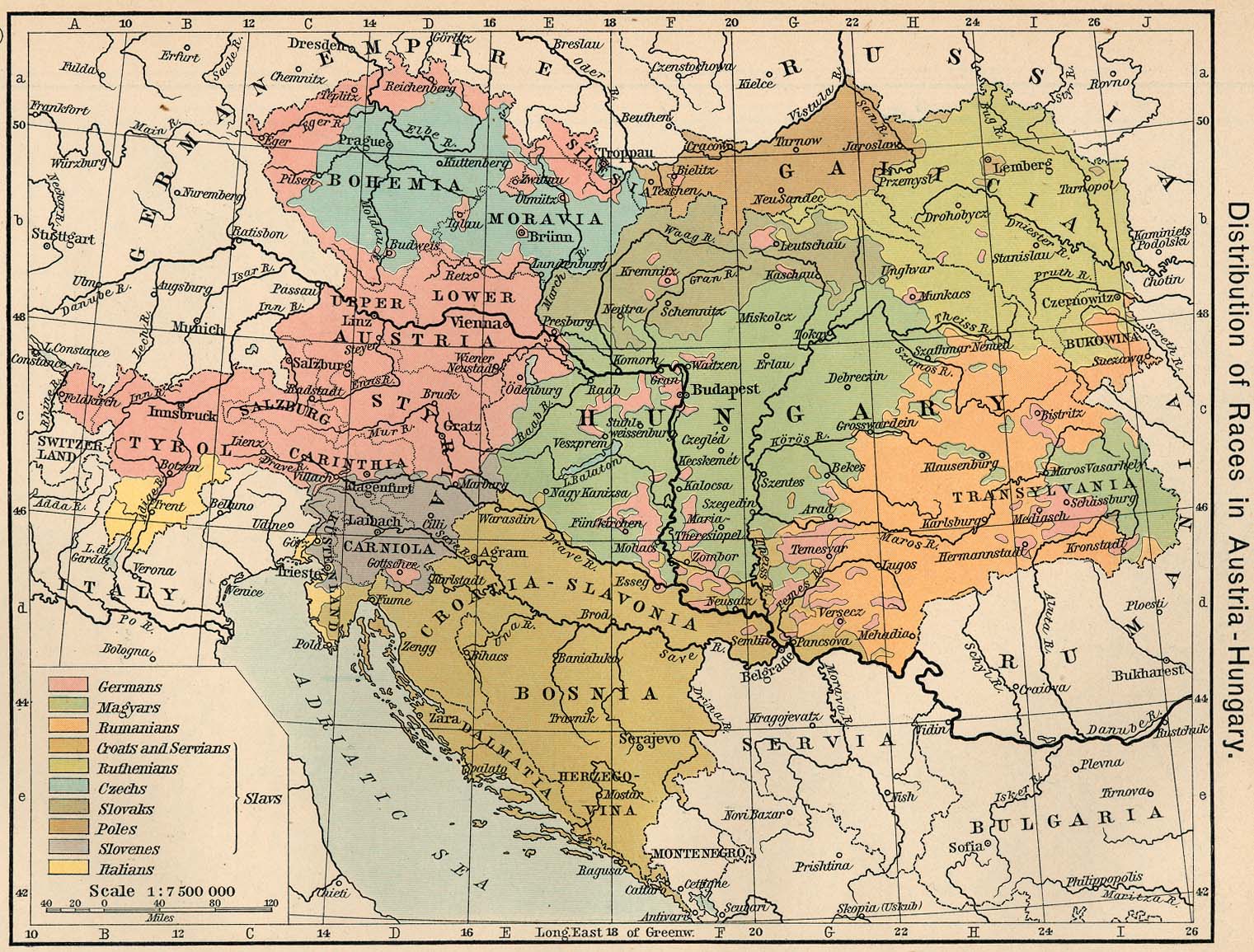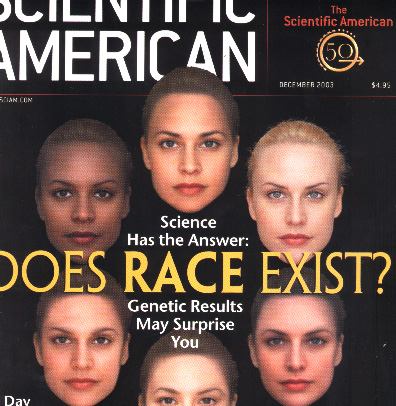
"The dissolution of the classical liberal view of man."

"Modern society and culture seemed ...hopelessly pluralistic, lacking in cohesion and direction. 'The nature of our epoch,' he wrote in 1905, 'is multiplicity and indeterminacy. It can rest only on das Gleitende [the moving, the slipping, the sliding], and is aware that what other generations believed to be firm, is in fact, das Gleitende.' This new perception of reality undermined the very efficacy of reason for Hoffmahnsthal. 'Everything fell into parts, the parts again into more parts,' says one of his characters, 'and nothing allowed itself to be embraced by concepts any more."
"But his witness to the need for widening the range of political thought and practice to comprehend human feeling as well as rational right posed a central issue for the post-liberal era."
Each color variation in the map above reveals ten distinctly separate groups whose ethnic identity diverges significantly from one another.
Social tensions if unresolved can, and do, lead to violence.
Culture is a form of ideology and ethnic domination of one particular association of people over another competing group.
Self delusion as an ability is only surpassed by group inspired and reinforced delusional beliefs and actions based on those erroneous assumptions, see race.
Commission for Racial Justice (1987)
- classical liberal; following the ideas of Rousseau,Diderot, Bentham, Mill and Fourier the notion was that all human beings are in the state of nature wholesome, and in social settings driven by reason to overcome superstition and bestial urges to promote tolerance, acceptance, and respect for the divergent beliefs, views, customs and reasonable behavior of others. Human actions can improve the world for the common good.
- divergent; meaning different, spilt off from, or even opposing, distinctive.
- das Gleitende, the moving, the slipping, the sliding meaning a discernible lack of cohesion, coherence in social relations.
- pluralistic; meaning many varied and distinct forms of social relations are deemed legitimate by authority and by social norms, customs or tradition.
- social; refers to groups of people or animals and how they behave together, from society meaning a group of people, an association, how interaction occurs among an organized group of plants, animals, or people.
. . . . . Etymology: ƒrom the 16th century French word for companion. - race, races, racial prejudices; the idea is an error prevailing in the period before 1939 that the human family could be divided biologically into distinct groups, while in biological reality there is only one human race. The word race is often used today as an accurate and real social categorization of people, despite any convincing scientific evidence for such distinctions. See reification.
![]()
Carle E. Schorske, Fin-de-Siécle Vienna, Politics and Culture: New York: Vintage Books, 1981.
Jean Baptiste Joseph Fourier, Born: 21 March 1768 in Auxerre, Bourgogne, France
Died: 16 May 1830 in Paris, France.





